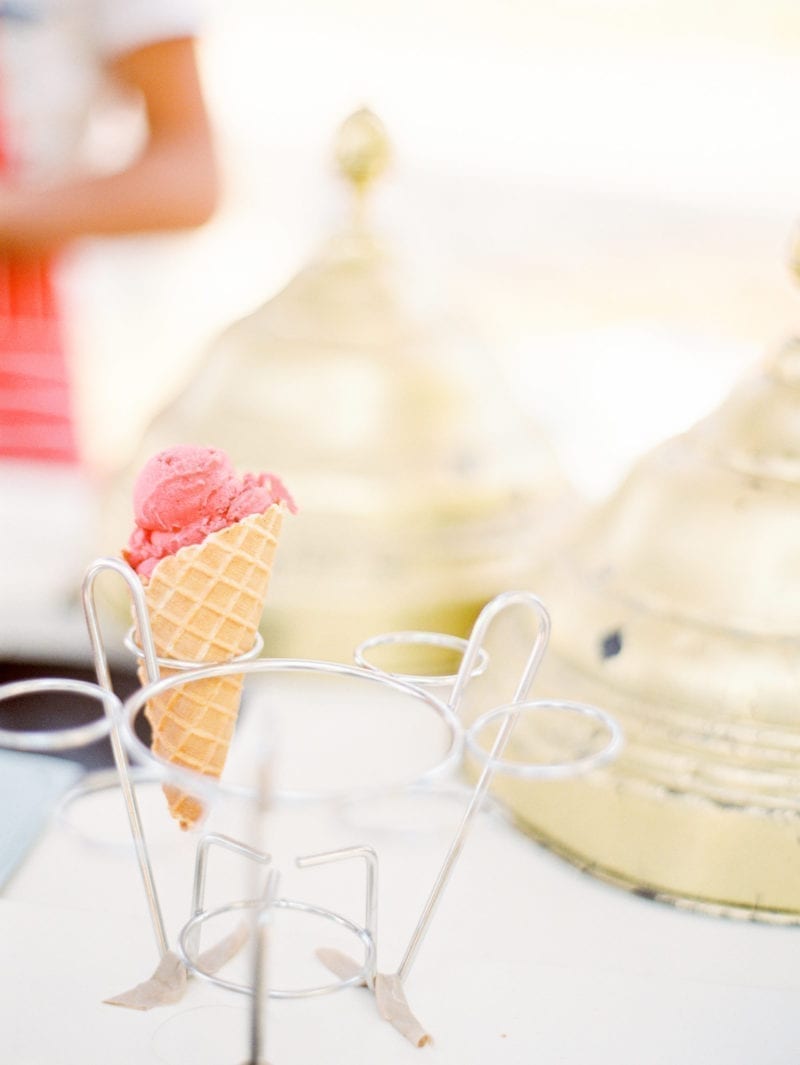Just before leaving France last month, I hurried around trying to get new glasses. My eyes had grown weary of my laptop screen, and I wanted to benefit from my French Socialised healthcare before coming back to the unknowns of being an actual adult in the U.S.
Now, I’m back in the suburbs of San Francisco wearing those new glasses while typing these words—tabs open with admin work as I set up life again in America. My fancy lunettes remind me of the very real experience of living abroad and making it home.
We get a new set of eyes and begin to see the world differently when we live abroad. It’s a liminal experience when you get a new vision on life. The word liminal is an anthropological term that relates to changes that occur during disorientation, struggle and difficulty.
We get a new set of eyes and begin to see the world differently when we live abroad.
It can be lonely to see things that other people don’t. It’s like having two lives—one a dream and the other a reality no matter where in the world you are. I have learned much from living on the other side.
One word I love in French is “dépaysé,” which is used to describe the feeling when you travel and arrive in a new place that is foreign to you. It translates to “de-countrified.” It’s an acceptance of being foreign, different, vulnerable and in need of finding your bearings.
From my time living abroad, here’s what the French have taught me:
Prenez le temps
In France, the people “take the time” in all things. The French don’t mind taking the scenic route or sitting for hours at a café. At restaurants, there’s no expectation of tips. Waiters aren’t rushing you to pay the bill and don’t mind you lingering for hours.
What is your relationship with time?
La présence
This phrase means the value of presence and pleasure over profit. Lunch breaks can last up to two hours as colleagues enjoy a glass of wine together and discuss ideas and life rather than rushing back to the office. Work is not something you talk about outside of work.
How can we learn to be in the present moment rather than running to the next thing?
Le pain quotidien
Meaning “daily bread,” bread is life and daily communion. Since the ritual of daily baguettes is ingrained into culture, the Boulangerie is a local watering hole. Once upon a time, I was gluten sensitive in America, but in France, the bread is so fresh that my allergies seemed to disappear.
How can daily rituals bring us closer to community?
Fait maison
“Fait maison” means homemade. Shopping locally is easy in France. The quality of the produce is extraordinary. There are 1,600 types of cheese in a country smaller than the size of Texas! Every day of the week you can find a farmer’s market somewhere in Paris. The vendors develop relationships with the clients, and you develop a personal connection with your food and where it comes from.
Where can you become a local and support a family-owned business?
La grève
One of the favorite pastimes of the French is going on strike, and most of the time it works! Together people stand up for what they believe in and endure months of protest until change happens. (Note: Strikes usually affect the entire population. Sometimes, this means no trains, garbage or canceled flights.)
What are we willing to give up in the fight for justice?
Flâner
The French have mastered the art of what it means to wander. Get lost on purpose, and walk the streets without a destination. I ended up meeting one of my best friends by wandering into a gallery that looked interesting.
When was the last time you purposefully got lost?
Simplicité
Wear black. Keep things simple, but keep your life colorful.
Les vacances
Embedded in French culture and nature is the value of time for rest more than possessions. The government by law requires full-time workers to take at least five weeks vacation, on top of public holidays throughout the year.
They also have a 35-hour work week, giving them an additional 22 days off in addition to these five weeks. The French talk about vacation all year—where they will go and with whom. On the contrary, American culture seems to idolize work, which often leads to burnout.
What would it look like to prioritize rest?
Joie de vivre
The French have a reputation of being cynics. A critical spirit is necessary in maintaining excellence, but the joy of living is found in the tiniest details of that excellence. Detailed window displays, a seven-course meal and extravagant architecture are all a part of the value of goodness and beauty in the everyday.
How can we cultivate beauty into our lives?
Être
The verb “être” means “to be.” It is used far more in conversation than the verb “faire,” which means “to do.” Afterall, we are human beings, not human-doers.
I’ve noticed how often we ask “What do you do?” What if we began conversations with questions like, “How are you?” and “What are you passionate about?”
There’s indeed much to learn from the French. Beyond baguettes, cheese and the Eiffel Tower, let’s listen to those around us, take the time to enjoy the gift of the present and simplify our lives to be awakened to the beauty and joie de vivre.
What lessons have you learned from a culture other than your own? Why is cultural exchange so important?
Image via Coco Tran, Issue No. 19












2 comments
What a beautiful invitation to see life differently! Thank you, Hope. I think I was born in the wrong country ?
Beautiful article, Hope. These lessons are simple yet so hard for us to emulate or if emulated, sustained long-term. Thank you for this gentle and timely reminder to not be so consumed. To make little changes whenever there’s an opportunity to. Life is to be lived – COVID has very much taught us that. Thanks for bringing that point back home to us all.